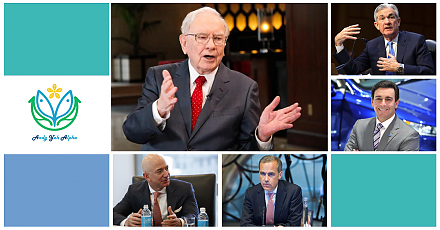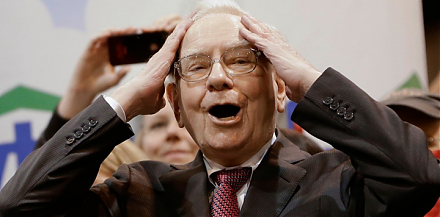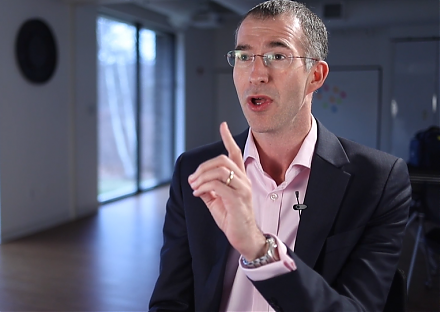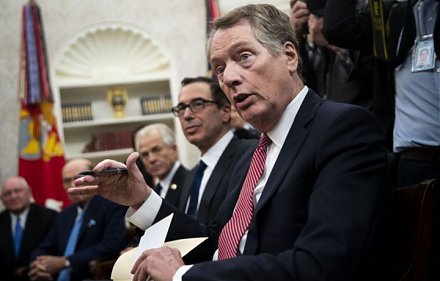

2018-02-07 06:38:00 Wed ET
federal reserve monetary policy treasury dollar employment inflation interest rate exchange rate macrofinance recession systemic risk economic growth central bank fomc greenback forward guidance euro capital global financial cycle credit cycle yield curve
The new Fed chairman Jerome Powell faces a new challenge in the form of both core CPI and CPI inflation rate hikes toward 1.8%-2.1% year-over-year with strong wage growth. The recent greenback depreciation aggravates inflationary concerns as non-farm payroll unemployment declines toward 4% or even 3.9%. This dollar depreciation raises U.S. import prices and therefore can drive greater inflationary momentum. More substantive evidence can shine new light on whether the current Trump stock market rally indicates irrational exuberance for most stock and bond investors.
The Federal Reserve can raise the interest rate to better balance the dual mandate of both price stability and maximum employment. Powell needs to weigh the pros and cons of another interest rate hike that constrains money supply growth near full employment. Price stability helps reduce economic policy uncertainty that may inadvertently dampen both consumption and capital investment decisions. On the other hand, Powell should pick the low-hanging fruits of full employment before America experiences the next gradual deterioration in labor market conditions. During the Trump administration, it takes 3%-3.5% real GDP economic growth for macro momentum to trickle down to the typical U.S. household, firm, and financial intermediary. Supply-side Trumpism needs to prove its feasible case in due course.
If any of our AYA Analytica financial health memos (FHM), blog posts, ebooks, newsletters, and notifications etc, or any other form of online content curation, involves potential copyright concerns, please feel free to contact us at service@ayafintech.network so that we can remove relevant content in response to any such request within a reasonable time frame.
2019-05-05 10:46:10 Sunday ET

This video collection shows the major features of our AYA fintech network platform for stock market investors: (1) AYA stock market content curation;&nbs
2018-01-05 07:37:00 Friday ET

Warren Buffett cleverly points out that American children will not only be better off than their parents, but the former will also enjoy higher living stand
2018-02-19 08:39:00 Monday ET

Snap cannot keep up with the Kardashians because its stock loses market value 7% or $1 billion after Kylie Jenner tweets about her decision to leave Snapcha
2021-07-07 05:22:00 Wednesday ET

What are the best online stock market investment tools? Stock trading has seen an explosion since the start of the pandemic. As people lost their jobs an
2020-06-10 10:35:00 Wednesday ET

Most lean enterprises should facilitate the dual transformation of both core assets with fresh cash flows and new growth options. Scott Anthony, Clark Gi
2019-09-03 14:29:00 Tuesday ET

Due to U.S. tariffs and other cloudy causes of economic policy uncertainty, Apple, Nintendo, and Samsung start to consider making tech products in Vietnam i